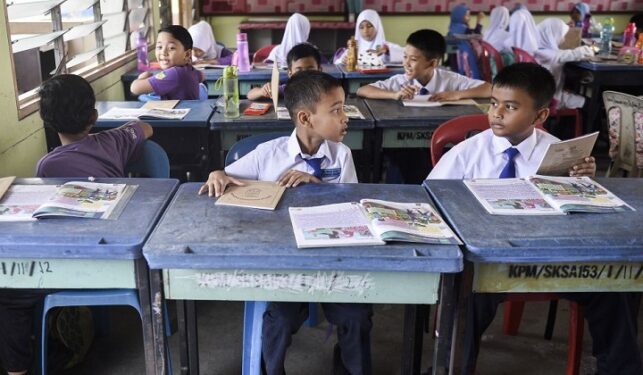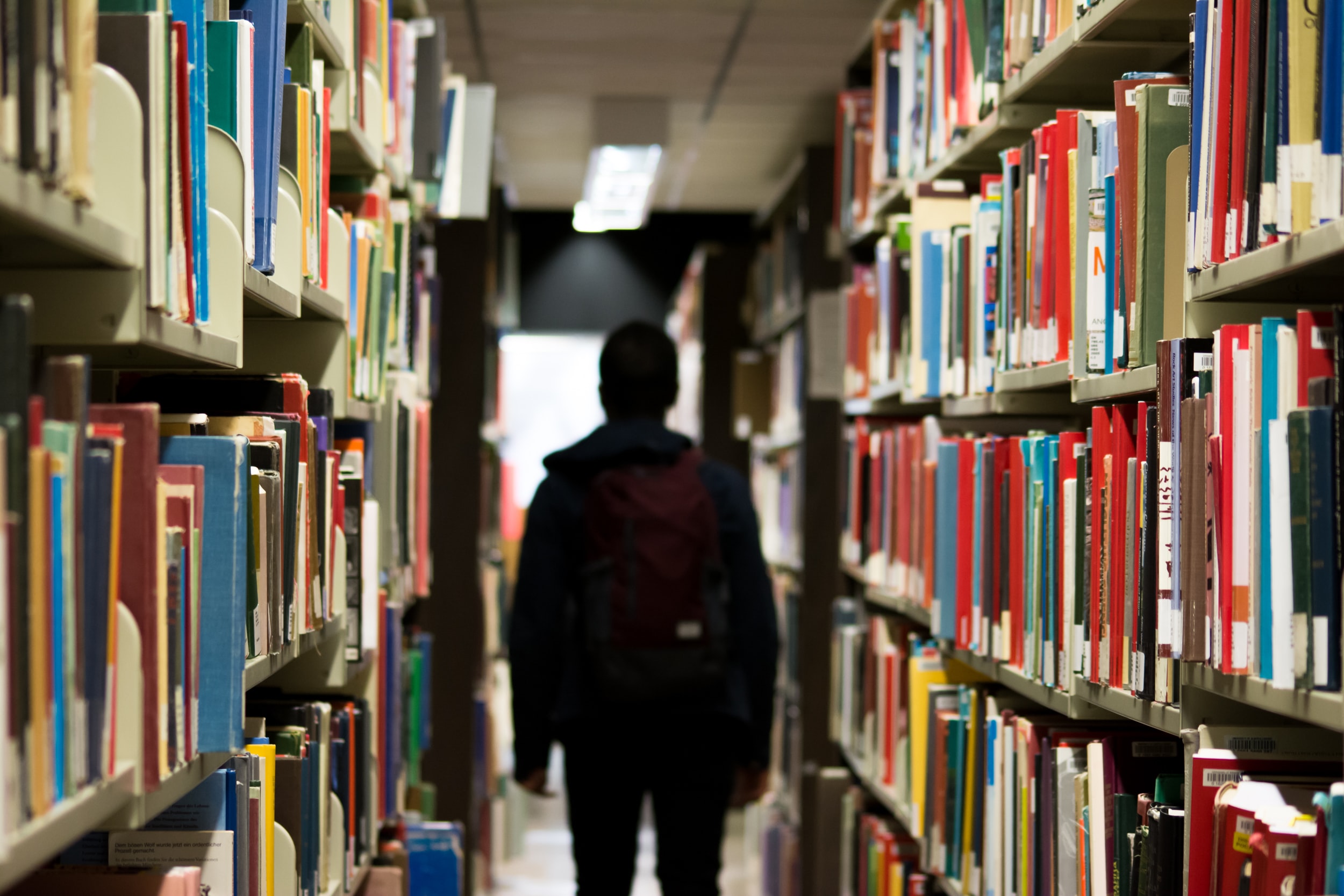A DAP lawmaker has stressed that amid the political upheaval of the recent days, the country’s education system remains one prime area that is badly in need of reforms.
According to Perai assemblyman Prof P. Ramasamy, the government in the past had never really dealt with reforms but rather, had “manipulated language policies” for the purpose of “political appeasement”.
“Education in the country covers two inter-related areas, namely primary and secondary school education as well as tertiary education, college and university education,” he explained.
“Students’ performance is reflective of the academic training in primary and secondary public schools and in between basic and tertiary education is the existence of third sphere that deals with vocational and technical education in its different manifestations.”

Ramasamy noted that the bifurcation between public school education and vocational or technical education has been the one the most “dysfunctional” aspect of public education in Malaysia.
“The government in the past prioritised the educational sphere to the extent it received budget allocations to the extent of over RM60 bil, which much higher than other ministries,” he elaborated.
“Despite the high allocation, the lack of reforms to ensure the compatibility of the system to the modern day technical and scientific requirements of the industry has somewhat hindered the full development potential of the public educational system, primarily the schools.”
He further explained that recent evidence has indicated that the interest in science, technology, engineering and mathematics are on the decline in schools.
“Students, for whatever the reason, are more inclined to taking arts subjects rather than science, and students going on to tertiary education in universities and colleges just continue to extend their interest in non-science subjects,” he pointed out.
“Given this, there are constant grouses from the industry players about talent shortage. Thousands of university graduates are simply not equipped with the necessary scientific and technical skills needed in the high tech industries.
“In other words, there is serious mismatch between the talents of graduating students and the requirements of the industries in the country.”
Ramasamy said this has resulted in what has been described as “serious talent shortage” in the country as a whole.

“There is no serious planning at the level of the Education Ministry as to how they should narrow the mismatch between the existing talents and requirements of the private sector,” he remarked.
“The brain drain phenomenon also serves as deleterious effect on addressing the shortage of skilled personnel in the country,” he justified.
“Reverse brain drain and nomadism might not be sufficient to mitigate the worst effect of brain drain. It is apparent that a disjointed approach might not do justice in the revamp and re-structuring of the educational system.”
As such, he stressed that the country’s education system must be seen in non-differentiated terms to fully comprehend the continuity between basic and tertiary education.
“Revamp cannot be done for the sake of it. There must be clear and concise purpose of what the government wants to do,” he added.
“If Malaysia is to move forwards in the area of science and technology, then hard and even unpopular decisions have to be made sooner than later.” – Nov 28, 2022
Main pic credit: Kuok Foundation









